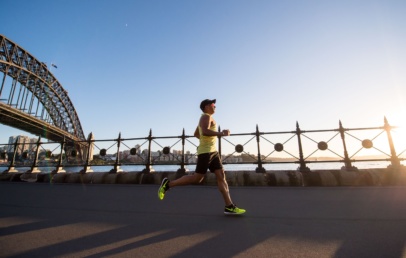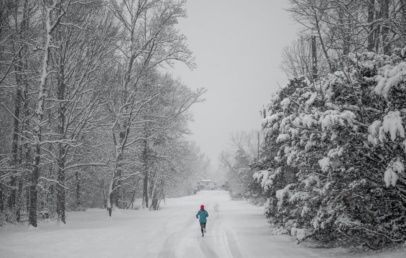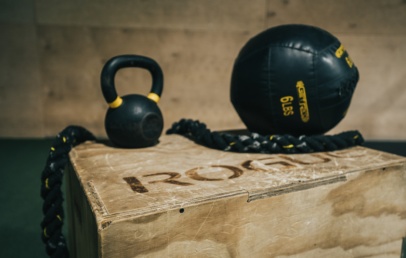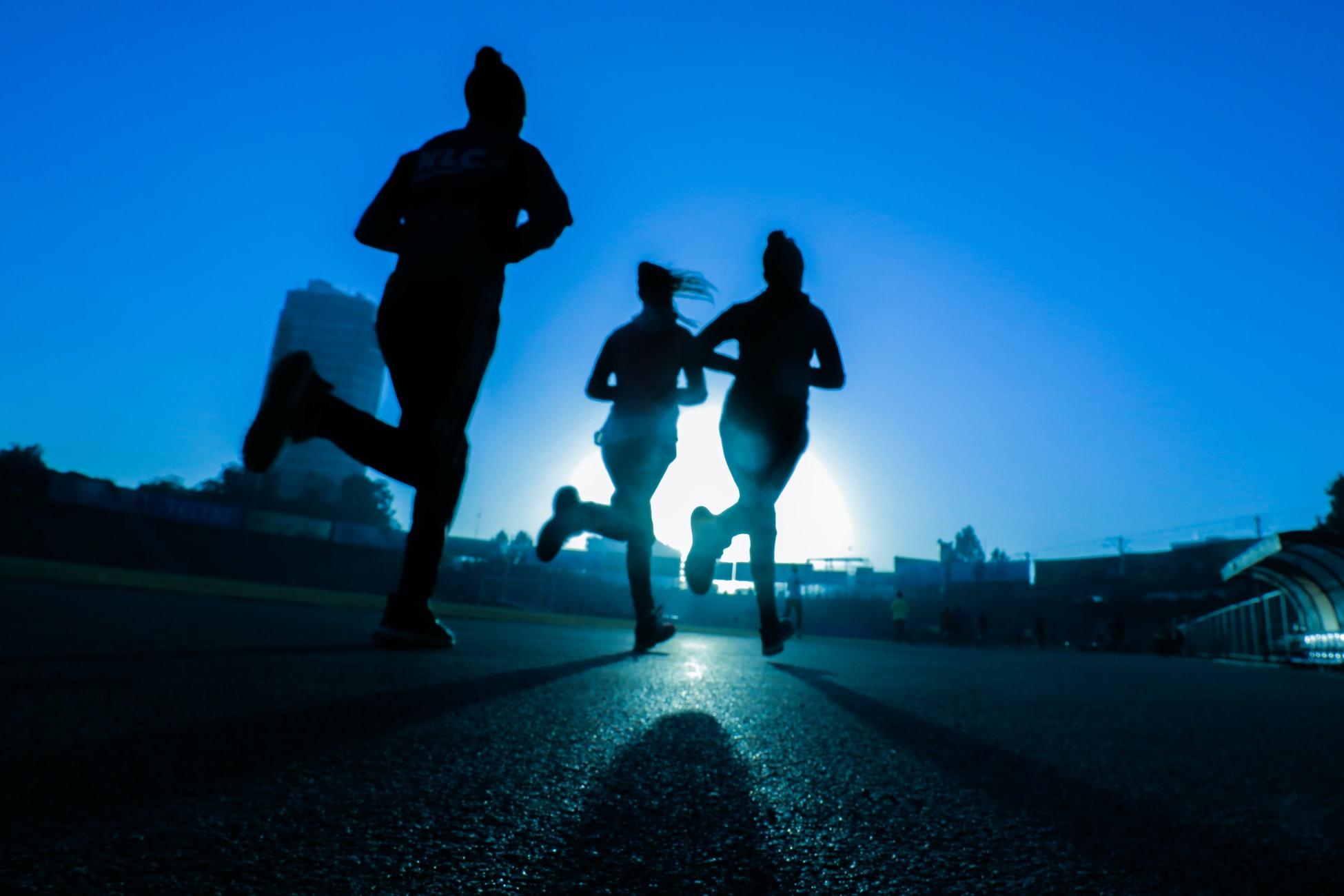
Give your DNA a little kick in the pants.
Adaptation and reconstruction are fundamental precepts of the mammalian condition. The reason working out makes you bigger and buffer is because you tear up your muscles, prompting them to reassemble themselves in a sturdier, more physically advantageous manner. Of course, as you get older, that reassembling process takes longer and burns up more energy, which is why working out gets a little more difficult. But according to some studies, if you work out enough when you’re younger, you won’t have as tough of a go at it when you’re older.
That may sound like an obvious statement; be in good shape now, be in better shape later. But it’s actually a little more complicated than that. Studies show that people who engage in regular, rigorous exercise have subtle differences in their genetic structures compared to more sedentary folks. Specifically, the difference is in the telomeres, the little cap things at the ends of your DNA strands. Having longer telomeres increases resistance to age-related conditions and illnesses. Less chronic physical conditions means your body has more energy to spare on physical activity.
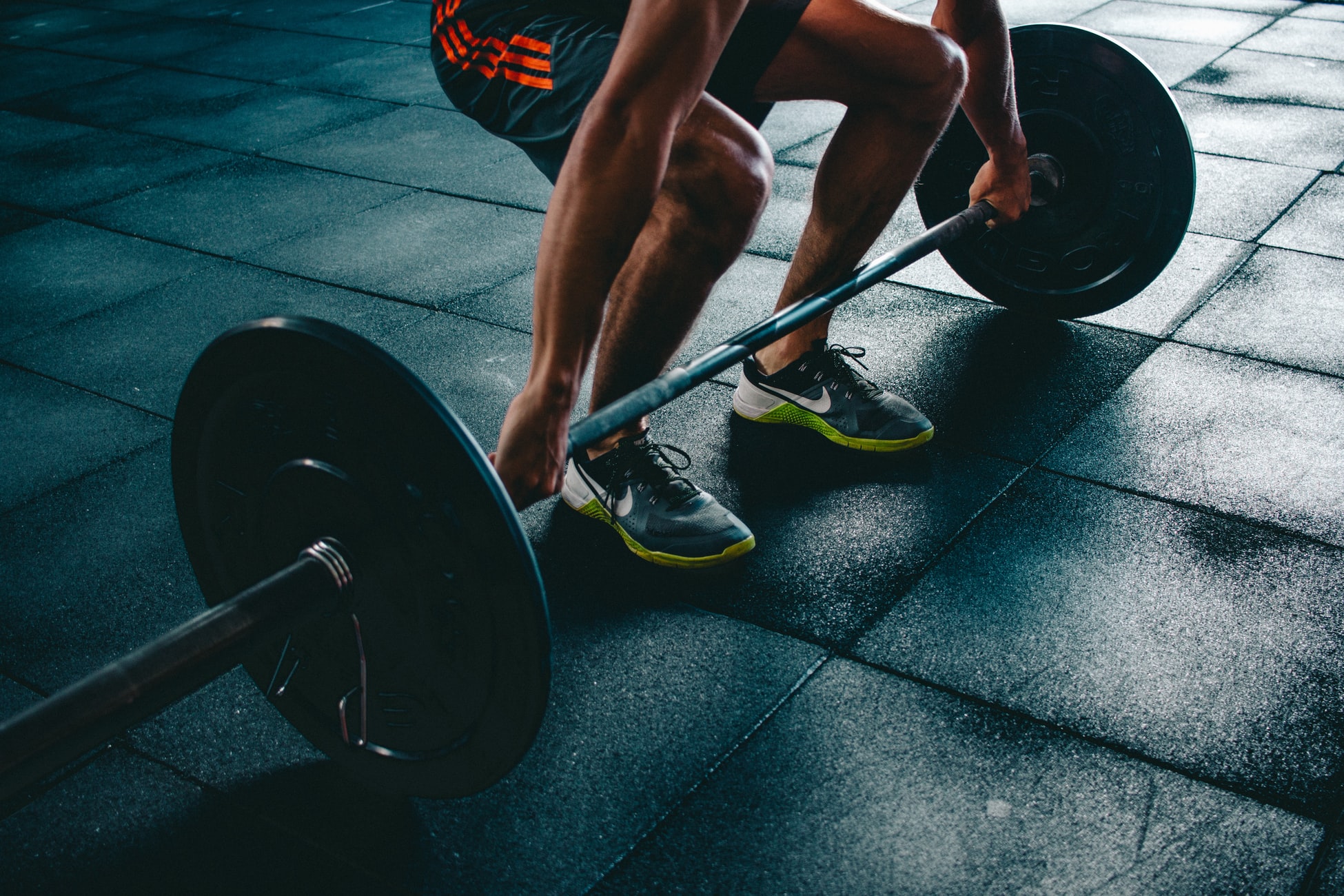
Besides that little abstract nugget of science, there are more obvious ways in which an active lifestyle keeps you going longer. For instance, as you age, your bones lose some of their natural density, but if you invest a lot of time into resistance and weight-bearing exercises, your body will be able to hold onto its bone density for longer. Exercise is also proven to be good for healthy cognitive states; physically active folks show a higher resistance to conditions like dementia and Alzheimer’s.
While exercise can’t completely halt or reverse the effects of aging, it can make it a much easier process to deal with. You’ll be glad you were active in your youth when you’re not constantly complaining about your lower back in old age.

